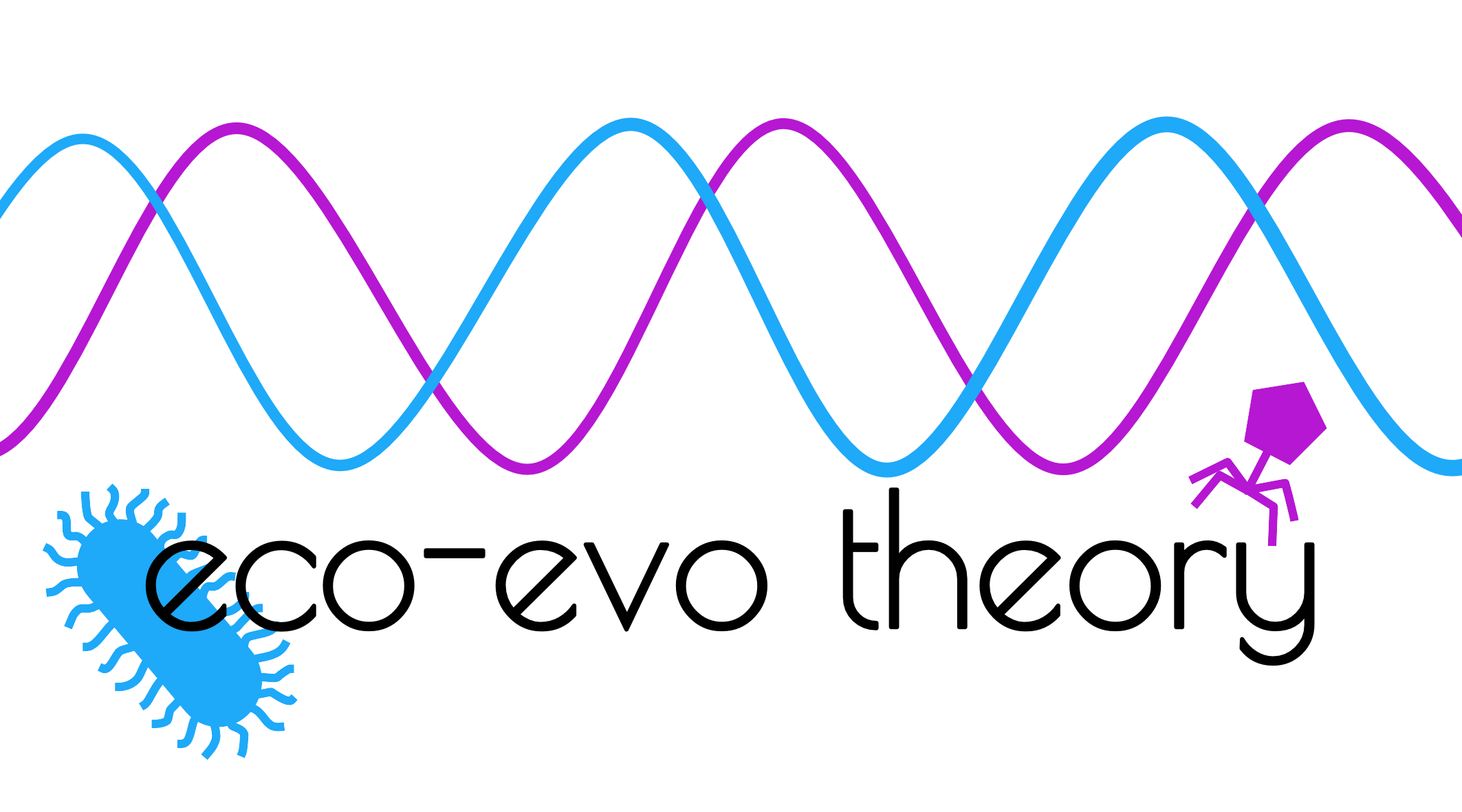Ashby B & Boots M (2015) Coevolution of parasite virulence and host mating strategies. Proc. Natl. Acad. Sci. USA. 112:13290-13295.
Read online | PDF | Accompanying commentary: ‘When sex makes you sick’ (PDF) | Research highlight (PDF)
Abstract
Parasites are thought to play an important role in sexual selection and the evolution of mating strategies, which in turn are likely to be critical to the transmission and therefore the evolution of parasites. Despite this clear interdependence we have little understanding of parasite-mediated sexual selection in the context of reciprocal parasite evolution. Here we develop a general coevolutionary model between host mate preference and the virulence of a sexually transmitted parasite. We show when the characteristics of both the host and parasite lead to coevolutionarily stable strategies or runaway selection, and when coevolutionary cycling between high and low levels of host mate choosiness and virulence is possible. A prominent argument against parasites being involved in sexual selection is that they should evolve to become less virulent when transmission depends on host mating success. The present study, however, demonstrates that coevolution can maintain stable host mate choosiness and parasite virulence or indeed coevolutionary cycling of both traits. We predict that choosiness should vary inversely with parasite virulence and that both relatively long and short life spans select against choosy behavior in the host. The model also reveals that hosts can evolve different behavioral responses from the same initial conditions, which highlights difficulties in using comparative analysis to detect parasite-mediated sexual selection. Taken as a whole, our results emphasize the importance of viewing parasite-mediated sexual selection in the context of coevolution.

